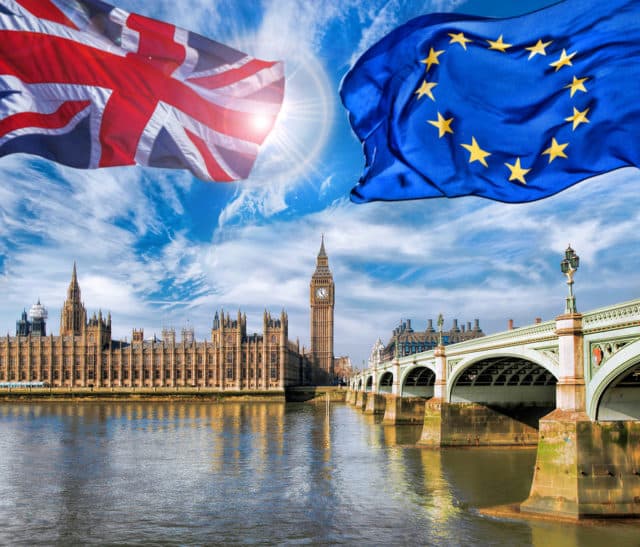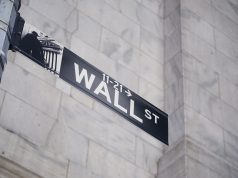Britain’s historical vote to leave the European Union on June 23 made cascading ripples in the global market. Shares plummeted as political figures dashed away from the crime scene and almost a month later we’re still seeing its affects.
As UK’s stocks and currency continues to plummet, people are forced to find ways to ensure their investments and savings don’t go awry. That is why many are choosing to invest in Gold, a commodity that rose to a two-year high after the UK’s decision.
Citizens are buying gold at an unprecedented rate. Bullionvault.com, an internet peer-to-peer gold-and-silver-buillion exchange, reported around 4 million pounds ($5.5 million) of gold and silvering being traded on the June 25-26 weekend, seven times the average weekend of the previous 12 months.
First-time buyer numbers rose to approximately 170 percent in June and early July compared to the previous 12-month daily average.
According to Reuters, some UK citizens have been dumping their savings into gold, hoping that they won’t get caught in the spiraling economy. Some have spent upwards to £350,000.
It’s not surprising investors are turning to gold, often regarded as the traditional safe haven asset. Typically, gold climbs when interest rates are low. Despite having no yield, gold gives investors a safer place to hold their money while returns from their investments are poor.
We’ve seen this a lot over the years. Subsequent to the financial crisis in 2008 gold surged as reports began surfacing on growing demands for coins and small bars. During the European debt crisis, gold also saw a surge in its initial phase.
The yellow metal is also making headway as UK investors turn away from the London property market which is predicted to drop £3,000 over the coming months to £134,000 in 2017. Scotland, openly opposed to the Brexit, is beginning to teeter on a recession as nationwide foreign investment continues to decline. With the pound falling, we can also expect a rise in import prices which will adversely affect household spending.
Despite this, there are also projections pointing towards a recovery from 2018, rising to an average of 156,000 by 2020.
While it’s no surprise gold is rising, it’s still troubling to see the necessity of it. Indeed, we’re fast approaching an era where political climate affects the global economy. Let’s just hope the future holds only clear skies.










